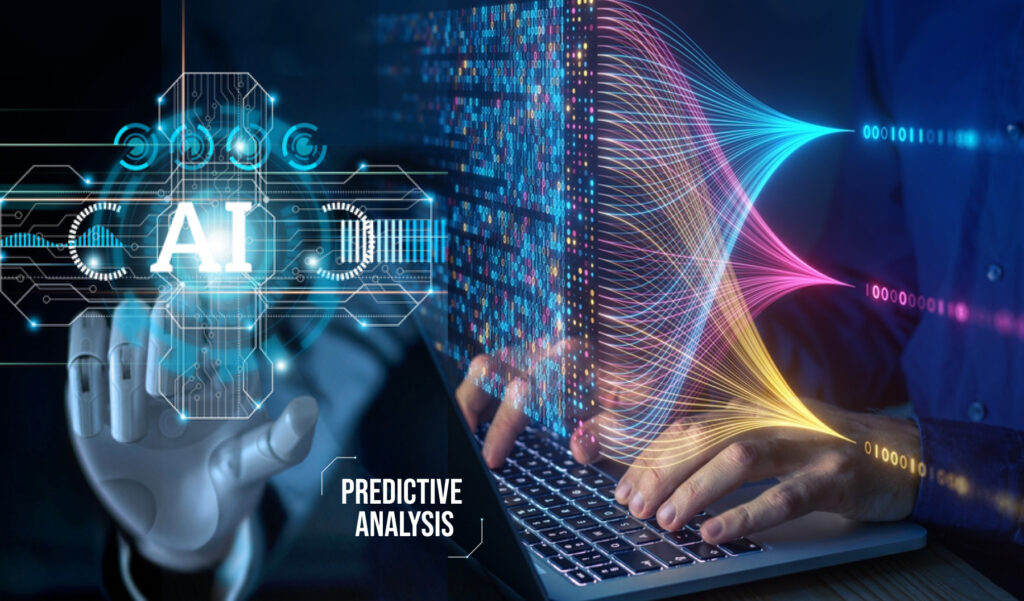
In the ever-evolving landscape of marketing, one thing is abundantly clear: technology is driving the future. As businesses strive to connect with their audiences in more personalized and efficient ways, artificial intelligence (AI) has emerged as a game-changer. In this article, we will explore how AI is revolutionizing customer engagement and reshaping the way marketers operate.
AI in Marketing: An Overview
Artificial Intelligence, once the stuff of science fiction, has become an integral part of modern marketing. It’s not just about automating tasks; AI empowers marketers with data-driven insights and the ability to deliver highly personalized experiences to customers. Let’s delve into how AI is transforming key aspects of marketing.
1. Personalization and Customer Segmentation with AI
Personalization has become a buzzword in marketing, and for a good reason. AI algorithms can analyze vast amounts of customer data to create individualized experiences. Whether it’s tailoring product recommendations, sending personalized email campaigns, or displaying targeted ads, AI is at the heart of personalization efforts.
Consider the example of Amazon. The e-commerce giant uses AI to analyze your browsing and purchase history, then recommends products you’re likely to buy. This level of personalization not only improves customer satisfaction but also increases conversion rates.
2. Chatbots and Conversational AI
Customer service has been revolutionized by chatbots and conversational AI. These intelligent systems can handle routine inquiries, assist with troubleshooting, and even complete transactions. They’re available 24/7, providing instant responses and improving customer engagement.
For instance, the airline industry has adopted chatbots to assist travelers with booking flights, checking-in, and receiving real-time flight updates. This not only saves time for customers but also reduces operational costs for the airlines.
3. Predictive Analytics

AI-powered predictive analytics have transformed marketing strategies. By analyzing historical data, AI can predict customer behavior and preferences. Marketers can use these insights to fine-tune their campaigns, optimizing their return on investment.
Netflix is a prime example of predictive analytics in action. Its recommendation system uses AI to suggest movies and TV shows based on your viewing history. This keeps subscribers engaged and continuously coming back for more content.
4. Content Generation and Recommendation
Creating and curating content is a time-consuming task, but AI is changing that. AI-driven content generation tools can produce blog posts, product descriptions, and social media updates. Content recommendation algorithms also help businesses serve their audience with the most relevant articles and products.
Take Spotify, for instance. Its AI-powered recommendation engine analyzes your listening habits to suggest new music, creating a more immersive and personalized music streaming experience.
5. Marketing Automation
Marketing automation platforms have been around for a while, but AI has taken them to the next level. These systems help businesses manage and automate marketing campaigns, email sequences, and social media posts at scale. AI can optimize the timing and content of these communications for maximum impact.
Email marketing platform Mailchimp, for example, uses AI to analyze user behavior and send emails at the times when subscribers are most likely to open and engage with them.
Ethical Considerations
While AI in marketing holds immense promise, it also raises ethical concerns. Data privacy, algorithm bias, and transparency are areas where businesses need to tread carefully. It’s essential to handle customer data responsibly and ensure AI systems are free from discriminatory biases.
The Future of AI in Marketing
As we look ahead, AI will continue to shape the marketing landscape. Emerging trends like voice search optimization, augmented reality marketing, and AI-driven influencer marketing are gaining momentum. Staying updated with these trends and adopting AI-driven strategies will be crucial for businesses aiming to stay competitive in the digital age.
In conclusion, artificial intelligence is not just a buzzword; it’s a transformative force in marketing. From personalization to automation and beyond, AI is revolutionizing customer engagement and empowering marketers to connect with their audiences in unprecedented ways. Embracing AI is not an option but a necessity for businesses looking to thrive in the future of marketing.
The future is here, and it’s powered by AI.


